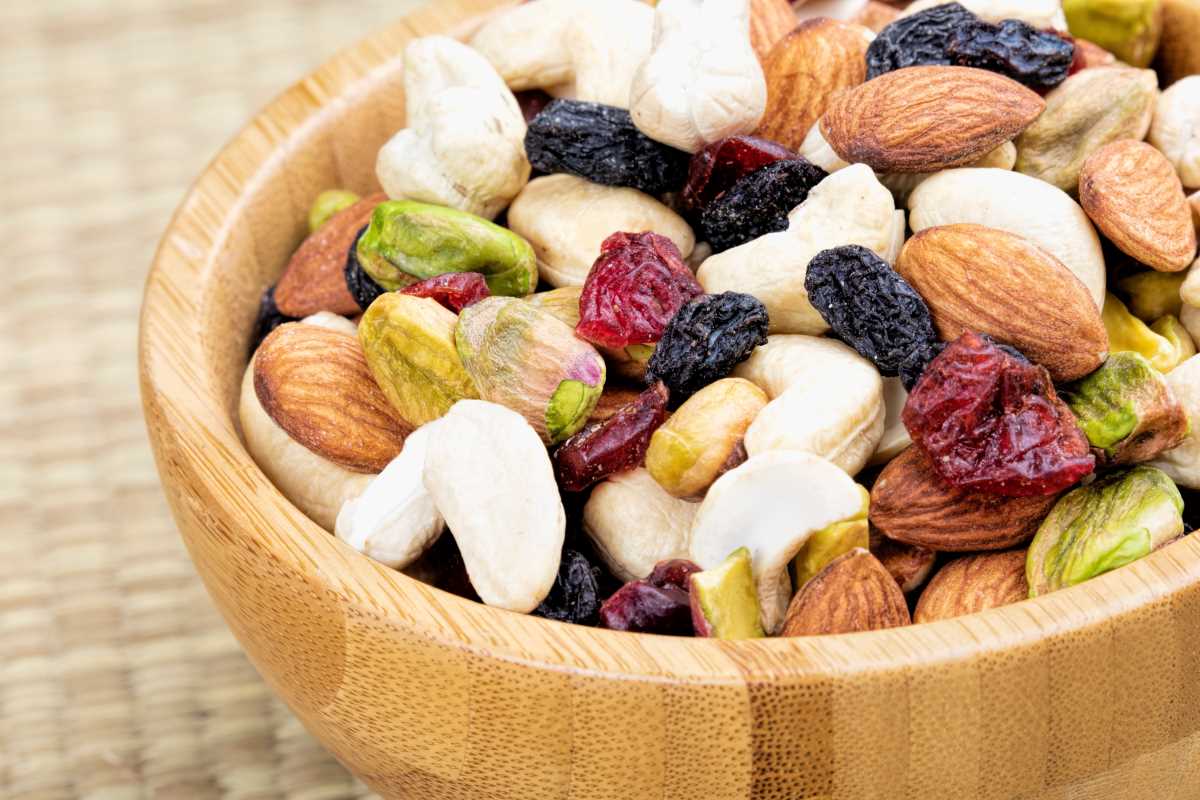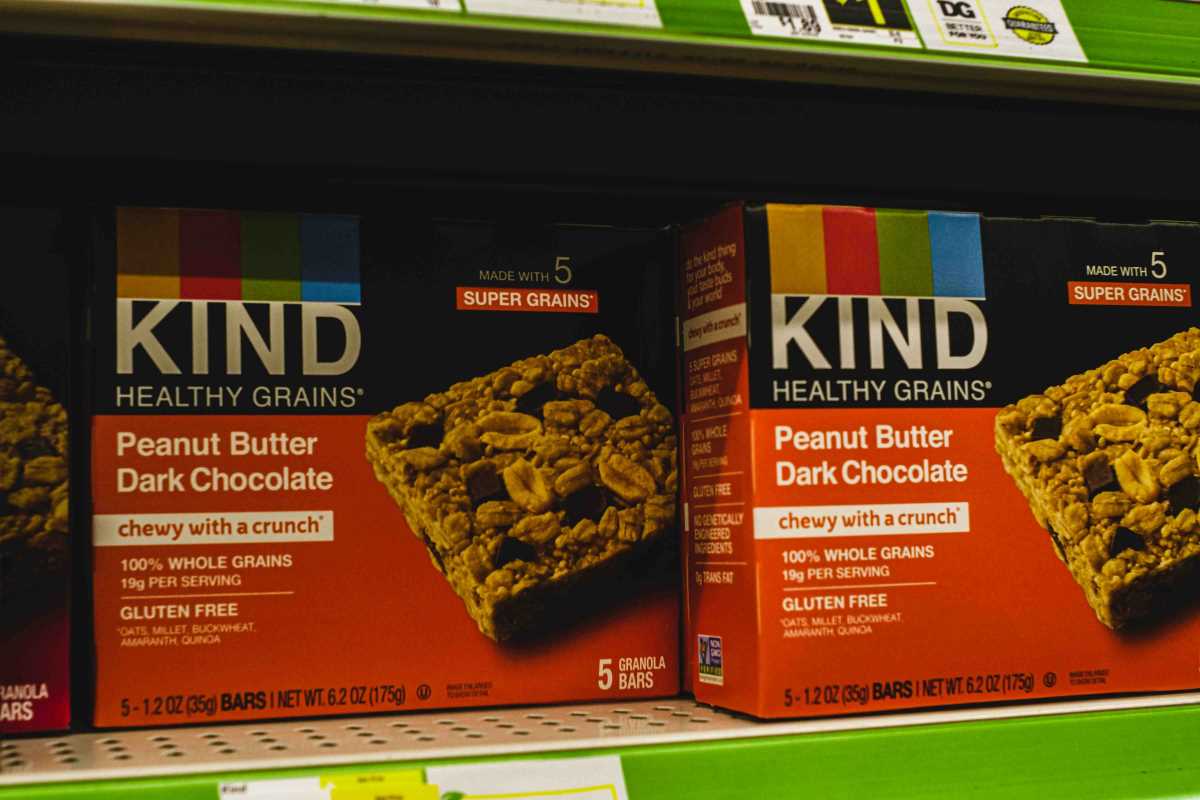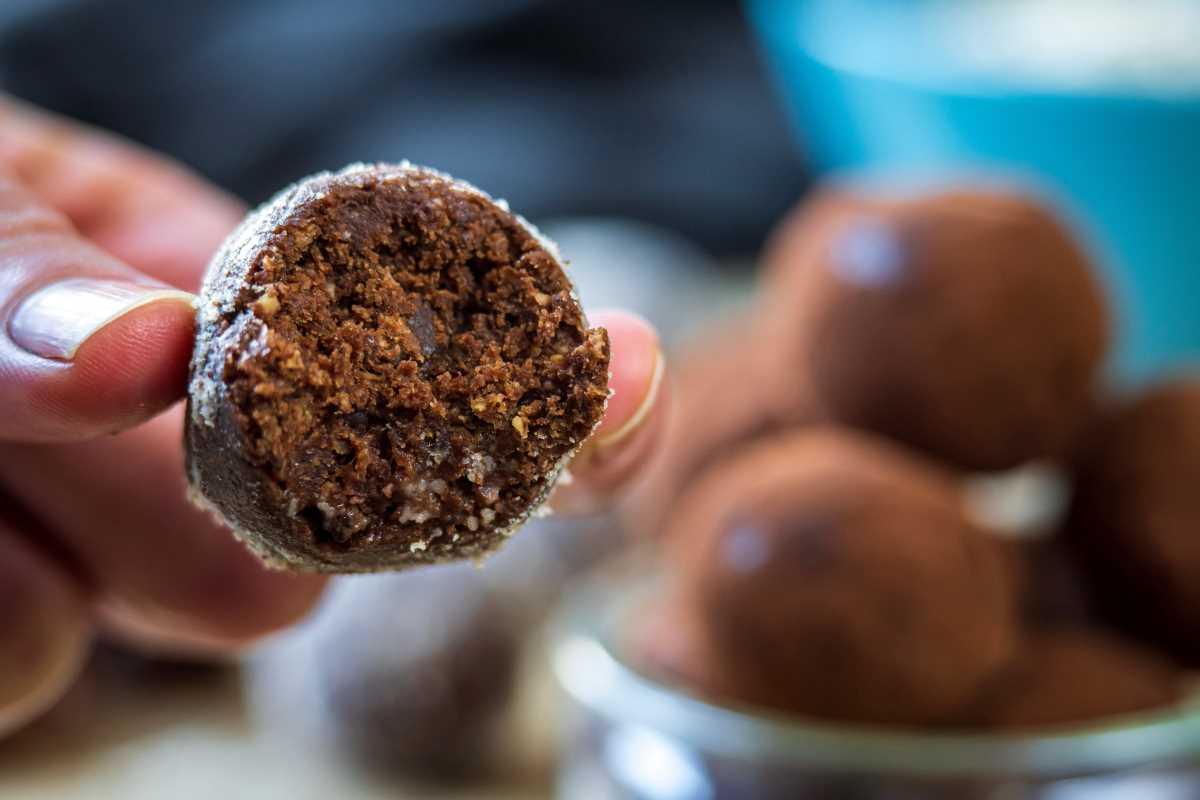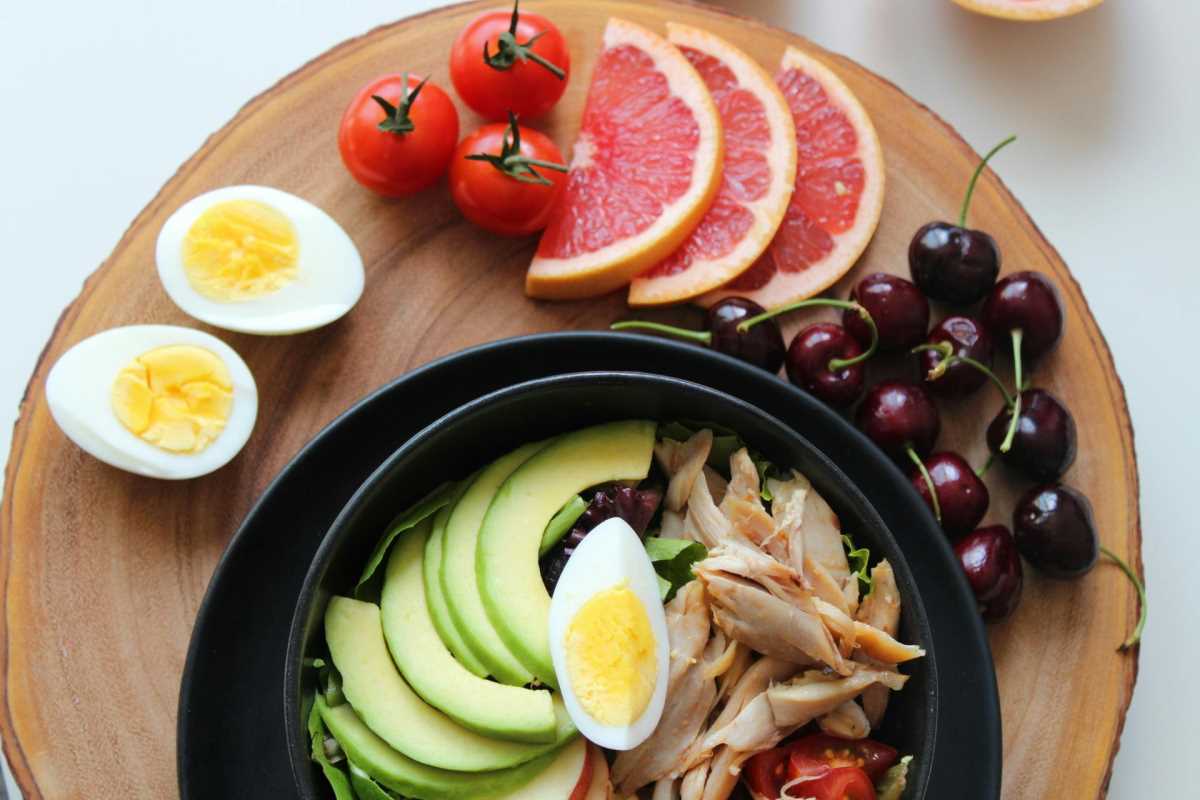Your muscles work hard for you every day. Whether you're crushing workouts, chasing kids, or powering through long work days, your body deserves the best fuel for recovery. Here's the thing – what you eat after being active can make or break how you feel tomorrow.
You don't need expensive supplements or complicated meal plans. The foods that help your muscles bounce back and your mind unwind are probably already in your kitchen. Smart nutrition isn't about perfection – it's about giving your body the building blocks it needs to repair, rebuild, and relax.
You'll discover which nutrients your muscles crave most, learn about everyday foods that pack serious recovery power, and get simple ways to work them into your routine. Ready to eat your way to better recovery? Let's dig in.
Why Recovery Nutrition Actually Matters
Think of your muscles like a construction site after a busy day. There's wear and tear that needs fixing, supplies that need restocking, and cleanup that needs to happen before tomorrow's work begins. That's exactly what's happening in your body after physical activity.
During exercise, your muscle fibers develop tiny tears – totally normal and necessary for getting stronger. Your energy stores get depleted. Inflammation kicks in as part of the natural healing process. Without proper nutrition, this recovery process slows down, leaving you sore, tired, and unprepared for your next challenge.
Research from the American College of Sports Medicine shows that strategic nutrition can cut muscle soreness by up to 40% while speeding strength recovery by 25%. We're not talking about magical superfoods here – just real, whole foods that give your body what it needs.
The recovery process isn't just physical either. Your nervous system needs to shift from "go mode" to "restore mode." Certain nutrients help trigger this relaxation response, improving sleep quality and helping you wake up refreshed instead of wrecked.
The Power Players: Key Recovery Nutrients
Your body needs specific nutrients to repair muscle tissue, fight inflammation, and promote relaxation. Understanding these nutritional superstars helps you make smarter food choices that actually move the needle on recovery.
Protein: Your Muscle's Best Friend
Protein provides the amino acids your muscles use as building blocks for repair and growth. After activity, your muscles become super efficient at using dietary protein – but only if you give them enough of the right kinds.
Studies show that consuming 20-30 grams of high-quality protein within two hours of activity optimizes muscle protein synthesis. This is when your body builds new muscle tissue to replace what was damaged. Miss this window, and recovery takes longer.
Not all proteins are created equal though. Complete proteins contain all nine essential amino acids your body can't make on its own. These give your muscles everything they need for optimal repair.
Antioxidants: Your Anti-Inflammation Army
Physical activity creates free radicals – unstable molecules that can damage cells and increase inflammation. While some inflammation is necessary for adaptation, too much slows recovery and increases soreness.
Antioxidants neutralize these free radicals, helping control inflammation and protect your cells. Research from the Journal of Sports Medicine shows that athletes who eat antioxidant-rich foods recover faster and experience less oxidative stress.
The key is getting a variety of antioxidants from different colored fruits and vegetables. Each pigment represents different protective compounds, so eating the rainbow literally gives you broader protection.
Magnesium: The Relaxation Mineral
Magnesium is involved in over 300 enzymatic reactions in your body, including muscle and nerve function. It helps muscles relax after contraction and supports the production of GABA, a neurotransmitter that promotes calm and better sleep.
Many people don't get enough magnesium from their diets, which can contribute to muscle cramps, poor sleep, and slower recovery. Studies show that magnesium supplementation reduces muscle soreness and improves sleep quality in active individuals.
Food sources are always better than supplements when possible. Your body absorbs and uses nutrients from whole foods more efficiently than isolated compounds.
Omega-3 Fatty Acids: Natural Anti-Inflammatories
These healthy fats are like nature's ibuprofen, but better. Omega-3s help resolve inflammation naturally while supporting brain health and mood regulation. Research shows they can reduce muscle soreness and speed strength recovery after intense activity.
Your body can't make omega-3s, so you must get them from food. The most potent forms (EPA and DHA) come from fatty fish, while plant sources provide ALA, which your body can convert to EPA and DHA in small amounts.
Regular omega-3 intake also supports better sleep quality and mood stability – both crucial for optimal recovery and overall well-being.
Recovery Superfoods You Already Know and Love
The best recovery foods aren't exotic ingredients from far-off places. They're probably sitting in your fridge or pantry right now. Here are the everyday heroes that pack serious recovery power.
Salmon: The Complete Package
Salmon delivers high-quality complete protein plus omega-3 fatty acids in one delicious package. A 4-ounce serving provides about 25 grams of protein and substantial amounts of EPA and DHA.
The protein helps rebuild muscle tissue while the omega-3s fight inflammation and support brain health. Wild-caught salmon tends to have higher omega-3 content than farmed, but both options provide recovery benefits.
Try baking salmon with herbs and lemon for an easy dinner, or flake leftover salmon into salads or omelets. Canned salmon works great too and is budget-friendly.
Greek Yogurt: Protein Powerhouse
Greek yogurt contains nearly twice the protein of regular yogurt, making it perfect for muscle recovery. The combination of fast-digesting whey protein and slow-digesting casein provides both immediate and sustained amino acid release.
Choose plain Greek yogurt to avoid added sugars, then customize with your own mix-ins. The probiotics in yogurt also support gut health, which plays a role in nutrient absorption and immune function.
Mix Greek yogurt with berries and nuts for a recovery-focused snack, or use it as a base for smoothies and parfaits.
Tart Cherries: Nature's Recovery Drink
Tart cherries contain natural compounds called anthocyanins that have powerful anti-inflammatory effects. Studies show that tart cherry juice can reduce muscle soreness, improve sleep quality, and speed recovery after intense exercise.
The natural melatonin in tart cherries also promotes better sleep – crucial for optimal recovery. Research suggests drinking 8 ounces of tart cherry juice twice daily provides the most benefits.
Fresh tart cherries work too, though they can be hard to find year-round. Frozen cherries retain most of their nutritional value and work great in smoothies.
Spinach: The Nutrient Density Champion
Spinach packs an impressive array of recovery nutrients into every leaf. It's rich in magnesium for muscle relaxation, iron for oxygen transport, and antioxidants like vitamin C and beta-carotene for fighting inflammation.
The nitrates in spinach may also improve muscle efficiency and reduce the oxygen cost of exercise. Research shows that regular spinach consumption can enhance athletic performance and recovery.
Add spinach to smoothies (you won't taste it), sauté it with garlic as a side dish, or use it as a salad base. Baby spinach tends to be milder and more versatile than mature leaves.
Sweet Potatoes: Complex Carb Champions
Sweet potatoes provide complex carbohydrates to replenish muscle glycogen stores along with vitamin A, potassium, and magnesium. The fiber helps stabilize blood sugar while the natural sweetness satisfies post-workout cravings.
The orange color comes from beta-carotene, a powerful antioxidant that converts to vitamin A in your body. This supports immune function and tissue repair.
Roast sweet potatoes in bulk for easy meal prep, or try them mashed, baked, or even in smoothies for natural sweetness.
Eggs: The Gold Standard
Eggs contain all nine essential amino acids in perfect proportions, making them the gold standard for protein quality. They're also rich in vitamin D, choline for brain health, and selenium for antioxidant function.
The leucine in eggs is particularly important for triggering muscle protein synthesis. Research shows that whole eggs promote muscle building better than egg whites alone, likely due to nutrients in the yolk.
Hard-boil a dozen eggs for grab-and-go protein, scramble them with vegetables, or add them to grain bowls for complete nutrition.
Power Combinations for Maximum Recovery
Certain food combinations work better together than apart. These strategic pairings maximize nutrient absorption and provide synergistic recovery benefits.
Protein Plus Carbs
Combining protein with carbohydrates after activity optimizes both muscle repair and glycogen replenishment. The carbs help shuttle amino acids into muscle cells while restoring energy stores.
A 3:1 or 4:1 ratio of carbs to protein works well for most people. Think Greek yogurt with berries, chocolate milk, or a turkey and sweet potato bowl.
Antioxidants with Healthy Fats
Fat-soluble vitamins (A, D, E, K) and many antioxidants absorb better when eaten with healthy fats. This combination also helps slow digestion for more stable energy.
Try spinach salads with avocado and olive oil dressing, or berries with nuts and seeds. The fats help your body access more of the protective compounds.
Magnesium-Rich Foods Before Bed
Foods high in magnesium work best when eaten in the evening to promote relaxation and better sleep. Combine them with tryptophan-rich foods for even better results.
A small bowl of oatmeal with banana and almond butter provides magnesium, tryptophan, and complex carbs to support restful sleep and overnight recovery.
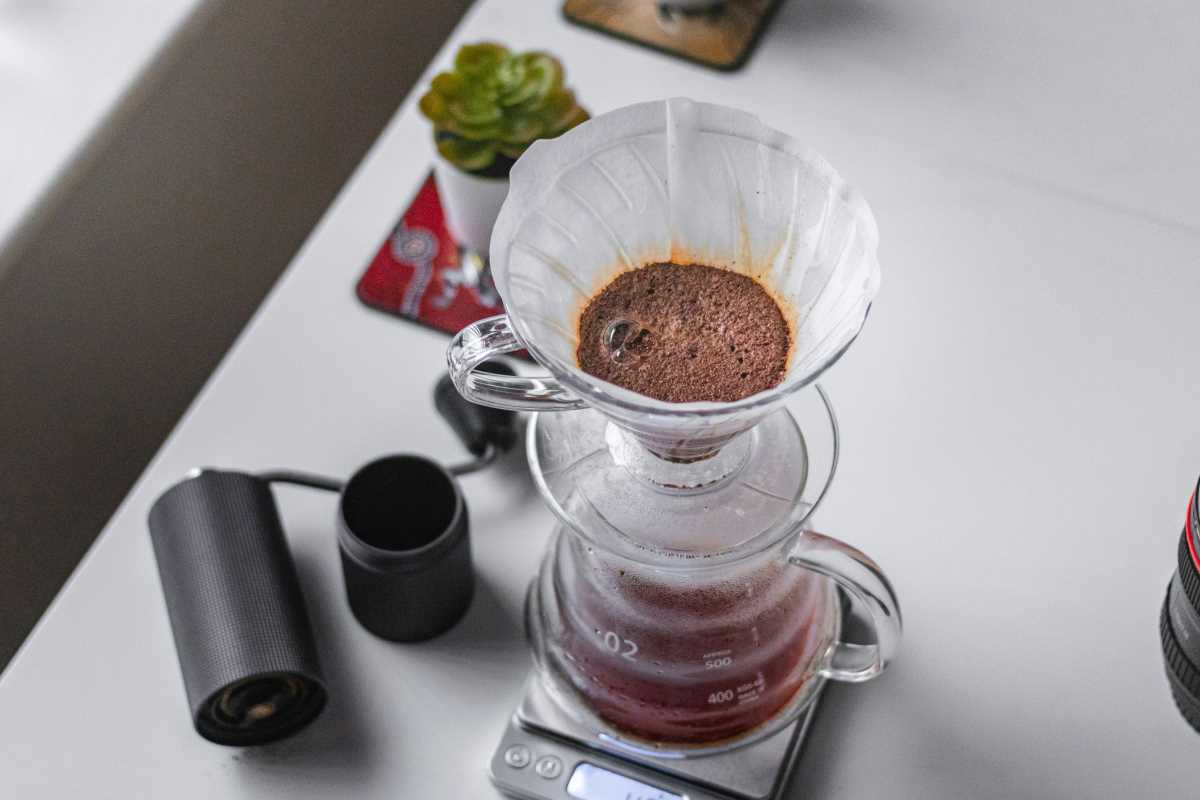 (Image via
(Image via